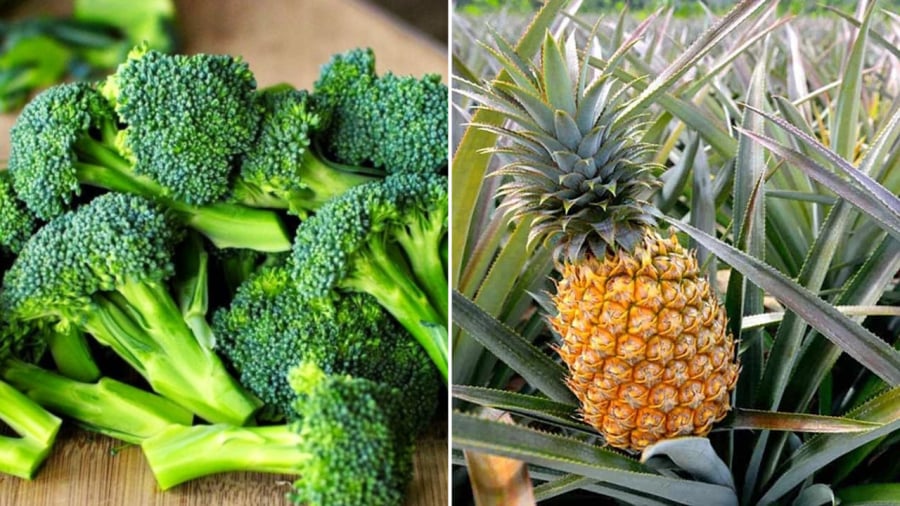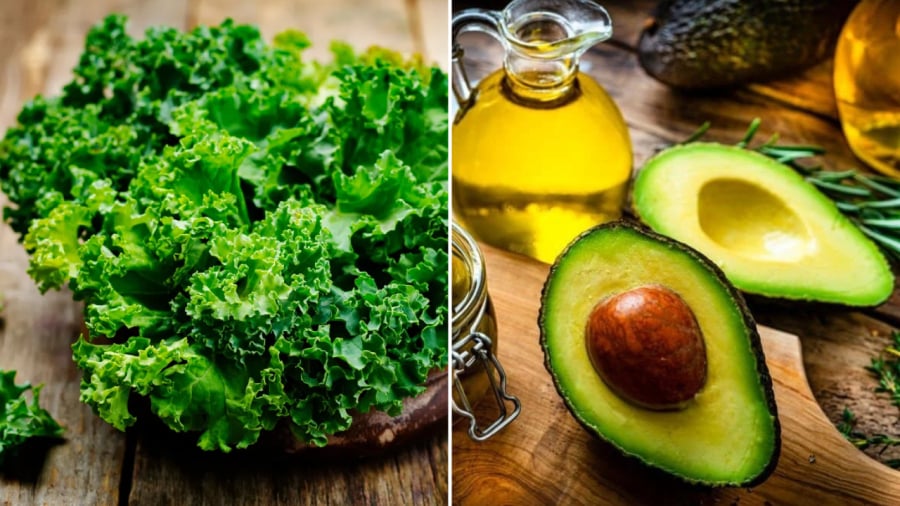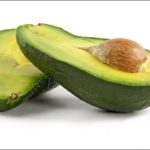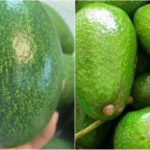Green juices are a popular beverage choice, but not all vegetables and fruits are suitable for juicing. Here’s a list of produce that you should avoid juicing and why.
Broccoli
While broccoli is highly nutritious and beneficial for health, juicing it is not recommended. Raw broccoli can be hard to digest and may cause discomfort, especially for those with irritable bowel syndrome.
The same goes for cabbage juice, which may have similar effects.
It’s best to cook these vegetables by steaming or boiling, as this makes them easier to digest while still retaining their high fiber content, which is beneficial for gut health.

Pineapple
Pineapple is a fragrant and tasty fruit, packed with vitamins and minerals. While it’s juicy, juicing pineapples wastes valuable fiber and can result in a high-sugar drink, leading to a spike in blood sugar levels.
Experts warn that excessive consumption of pineapple juice may even increase the risk of diabetes.
Spinach and Kale
Spinach and kale are popular choices for juicing, but they contain high levels of oxalates, which are anti-nutrients. Consuming large amounts of oxalates can have negative effects on health, as they may react with calcium and lead to kidney stone formation.
Juicing these vegetables also means missing out on their beneficial fiber content.
Citrus Peel
When juicing citrus fruits like lemons, oranges, and tangerines, avoid including the peel. The peel contains compounds that may irritate the digestive system, and its high oil content can make the juice bitter.

Spinach, kale, and avocados are not ideal for juicing.
Avocado
Avocados are less juicy than other fruits, so they are better suited for making smoothies than juice. The same goes for mangoes and dragon fruit.
Blueberries
Blueberries are low in calories but packed with nutrients, including fiber, minerals, vitamins, and antioxidants. However, juicing them results in a small yield and wastes many nutrients found in the pulp.
It’s best to eat blueberries whole or blended into a smoothie to get the full nutritional benefit. The same goes for other berries like strawberries.
Dangers of Microwaving Certain Foods
Many of us rely on microwaves to quickly prepare meals or snacks, but caution must be taken as some foods can be dangerous to health when heated in this appliance. Breast milk, broccoli, defrosted fruit, and other items should not be placed in microwaves, so it’s important to educate oneself on which foods are safe for use in this appliance.
Delicious Dishes from Gac Fruit: A Guide
Do you want to include nutritious fruits in your diet? Look no further than gac fruit! In this article, we’ll share recipes for dishes you can make using gac. From salads to desserts, there are plenty of delicious possibilities! Read on to find out how to incorporate this nutrient-packed fruit into your meals.


































